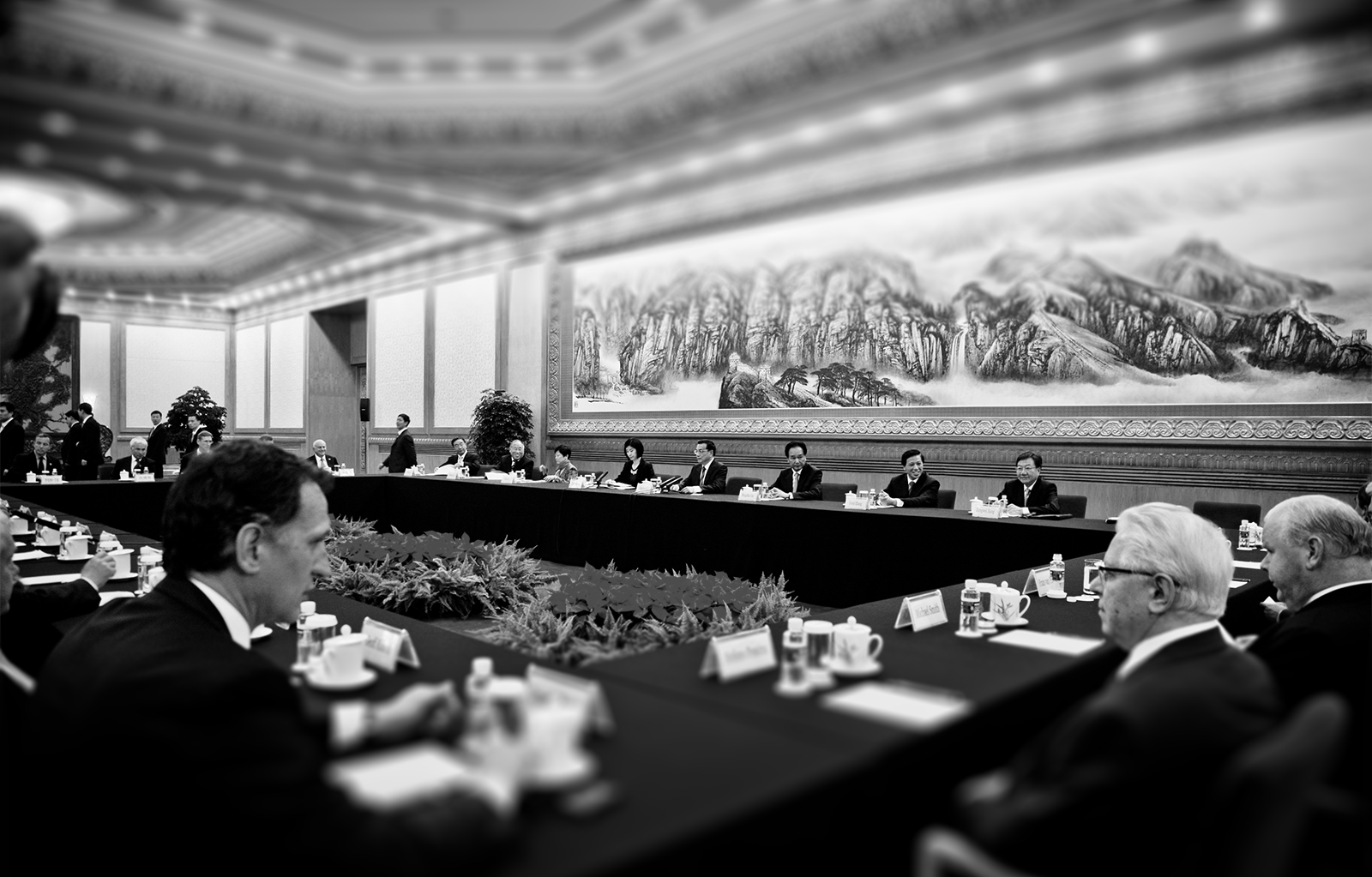
Its anger at the success of the new China-led infrastructure bank suggests the United States is still struggling to adjust to China’s rise
The creation of the Asian Infrastructure Investment Bank (AIIB) is a preview of things to come. This is an initiative launched by China; India and 19 other countries joined the official establishment of the new institution in October, 2014; and the United Kingdom, Germany, France and Italy have now decided to join, too.
Guess what? The Barack Obama administration was furious about the initiative. It sees it as competition to the existing, Western-dominated institutions – the International Monetary Fund (IMF), the World Bank, the Asian Development Bank (ADB) – on which neither the United States nor Europe have shown any intention of loosening their grip despite the fact that the world has changed dramatically in the last 25 years. And Washington is seething about the fact that its European allies are adding insult to injury by rallying to the Chinese initiative. Even more injury might be on the way, as it is quite possible that three other close allies of the United States – South Korea, Japan and Australia – could decide soon to join the new bank, which will be based in Shanghai.
The rationale advanced by the Obama administration for its ill-advised, knee-jerk opposition to the AIIB is that it would sidestep and undermine the existing international financial institutions; that it could have much weaker standards than these institutions in terms of governance and environmental concerns; and that it might be used as a tool by Beijing to extend its influence in the region.
These arguments are amazingly flimsy. First, Asian infrastructure development needs are so huge and so urgent that adding financing capabilities to the ones available to the ADB makes a lot of sense; second, one has really to wonder on what basis Washington considers that a priori the new institution will have lower standards or that the United States has a monopoly in terms of standards for governance and environment concerns; third, it is a bit ironic for the United States to express worries about China using the new bank to extend its influence when one remembers how the United States used the IMF during the Asian crisis in the mid-1990s to impose the “Washington consensus” and the US template for financial capitalism. I still remember a top minister from an Asian country coming out of a negotiating session with his US counterparts in the middle of the crisis, and telling me with exasperation: “As they [the US] twist our arm to the breaking point, they should at least stop telling us that they are doing that for our own good, and just be blunt about the fact that they are advancing their interests.”
Unable to prevent the train from leaving the station and confronted with a diplomatic debacle and a loss of face, the Obama administration is now left with two options. The first one is to quietly forget about the issue. But this would show incoherence, after Washington went so far as to publicly berate its closest European ally – the United Kingdom – for its “constant accommodation to China, which is not the best way to engage a rising power”.
The second and more realistic option is to find ways for some accommodation with the new bank. This is the direction that the Obama administration seems now intent on taking, as it talks about the possibility for existing institutions to co-finance some projects with the new bank. However, Beijing has faced resistance from the United States in its attempts to increase its influence in the IMF or the World Bank – with the US Congress repeatedly refusing to endorse the changes decided in 2010 at the IMF, which would give China the third largest share of votes after the United States and Japan. In these conditions, it would be very difficult to imagine that Beijing would agree to give to the United States more influence in the new bank than the United States is so far agreeing to give to China in the existing institutions.
Beyond the specific case of the AIIB, this episode is profoundly illustrative of two very significant elements that will impact perceptions and decisions in the years ahead.
The first is the fact that there clearly is a difference in the way the United States and Europe look at China’s rising power and influence. For the United States, every single decision in any domain related to China is bound to have a geopolitical and strategic dimension – and the same is true for China in dealing with any matter related to the United States. For Europe, whatever is being said, the reality is that the economic and trade dimension is the paramount one when it comes to China. European countries are looking at expanding Chinese investment in their economies; even if they have trade issues with Beijing, they want to make sure that they will not miss a single opportunity to have their economies benefit from China’s momentum – even if it is slowing. The geostrategic dimension is absent from European considerations about China – quite simply because Europe is basically not the kind of geopolitical actor that can do anything about it. This difference of emphasis is bound to lead to additional tensions between the two transatlantic partners, as China’s rise continues to create new challenges and issues on the world scene.
The second element is how much the United States still has difficulties adjusting to the rise of China and getting to grips with the fact that in the years to come, Beijing will be at the same time a stakeholder in, and a challenger of, the existing world order. There was some hope, that a fast-growing giant country claiming to restore its international role would just agree to fit neatly and nicely into the existing world order – an order seen as a kind of “natural” option. But this was just an illusion. Beijing is definitely going to have its say about the way the rules are set, and according to what criteria.
At the same time, this does not mean that China is intent on systematically rocking the boat. Hence, there is an ambiguity between the attitude of being a stakeholder and being a challenger. China’s partners need to adjust to this ambiguity, and to balance the elements of fierce competition and what might be called “cooperation by compulsion” that will shape the relationship. For instance, the way China is building up its naval military projection capabilities is a perennial matter of concern for US officials, but it is very hard to imagine that China will not want to raise its military potential or that it would agree to oblige US concerns in the way it builds it.
So managing this relationship with a stakeholder-challenger will be difficult and will require that short-term issues and priorities be always set in a longer-term context. The perception of the United States as a declining power could be very dangerous to harbour in some circles in Beijing. But, equally, the notion that the existing world order is the Alpha and the Omega, is here to stay and must be preserved intact whatever changes may happen in the world could prove self-defeating – and disastrous.
Originally by Claude Smadja, Source: March 25, 2015, Business Standard









 What a fateful year! In addition to bringing a new government – and restoring hope in and about India – 2014 should be remembered as the year during which six realities and trends which, while not necessarily new, have been crystallised or magnified. The realities thus starkly exposed have forced political and business decision-makers to make adjustments.
What a fateful year! In addition to bringing a new government – and restoring hope in and about India – 2014 should be remembered as the year during which six realities and trends which, while not necessarily new, have been crystallised or magnified. The realities thus starkly exposed have forced political and business decision-makers to make adjustments.